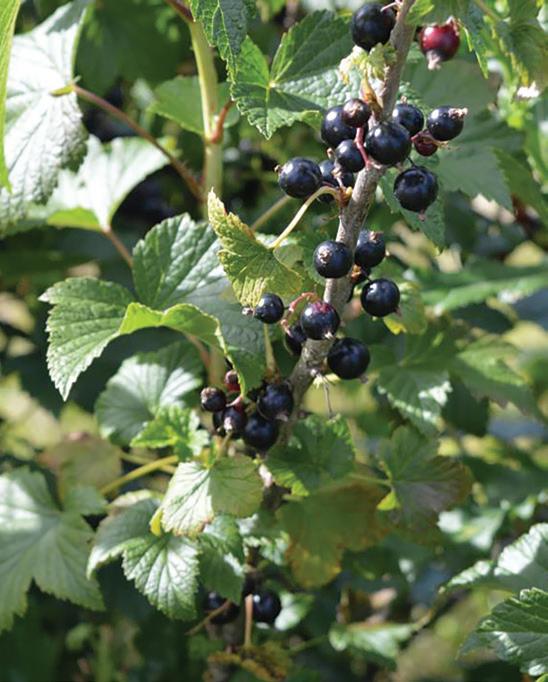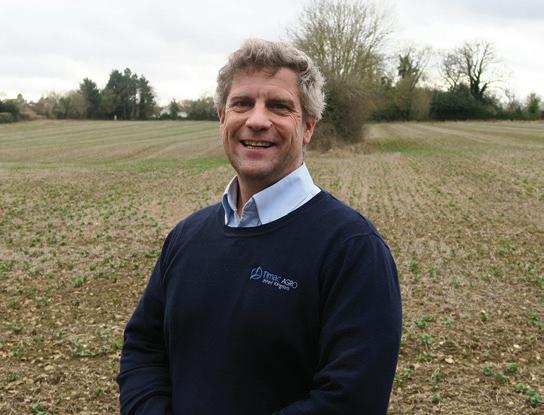
1 minute read
Blackcurrant breakthroughs breed scientific success for Ribena
Scientists at the James Hutton Institute (JHI) are playing a critical role in helping farmers to develop more resilient and sustainable blackcurrant crops.
The second in a new series of case studies, developed as part of the RHASS Presidential Initiative (PI), will look at how the JHI is working alongside farmers to trial new plant varieties to withstand future climate pressures.
Advertisement
The JHI runs the world’s leading blackcurrant breeding and research programme and has been conducting research for Ribena - which purchases around 90% of Britain’s blackcurrant crop annually - since the 1980s.
Blackcurrants need cold winters to thrive, however climate change has resulted in increasingly warm British winters.
Scientists at the JHI have developed a practical solution by breeding a new variety of blackcurrant called Ben Lawers, which can thrive in warmer winters, helping farmers overcome a major sustainability challenge.
Head of James Hutton Ltd, Dr Jonathan Snape, has been working with generations of blackcurrant farming families, to breed new varieties that can cope with climate change.

“Farmers across the UK produce around 10,000 tonnes of blackcurrants for Ribena each year. The drink uses a blend of blackcurrant varieties and virtually 100% of the varieties in the blend were bred by us.
“Our Ribena work is one of most enduring commercial and scientific partnerships and one of the largest crop study programmes.”
Andrew Husband, who farms at East Adamston, by Dundee, is one of only four blackcurrant suppliers for Ribena in Scotland. He explained that through working closely with scientists at the JHI and taking part in field trials, he has been able to safeguard his future business and give confidence to the next generation.
“Without research and investment in science, we would be going backwards as an industry, given the challenges which are presented by climate change,” he said.
For more information on this year’s Initiative and to access future case studies, please visit: https://rhass.org.uk/ presidential-initiative/ .








